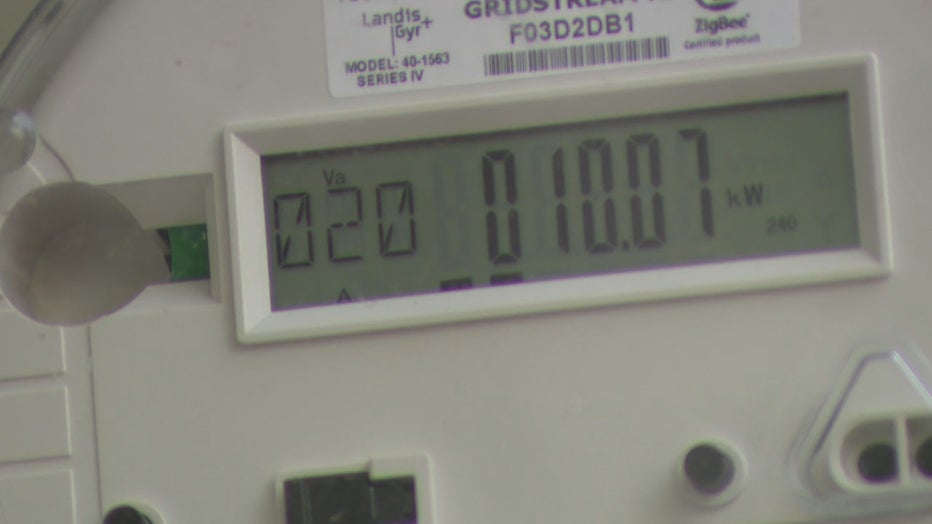Program helps Texans who can’t afford electricity bill during COVID-19 pandemic
DALLAS - There is help for Texans who are out of work due to the coronavirus pandemic or otherwise qualify for unemployment benefits and can't afford their electric bill.
No income, delayed stimulus checks and unemployment benefits taking forever to secure all mean no cash to pay bills. That’s why the Public Utility Commission of Texas is stepping in to help.
RELATED: Coronavirus coverage
It’s called the COVID-19 Electricity Relief Program. Here’s how it works.
If you qualify for unemployment benefits, you can register and be enrolled. That will stop your electricity from being disconnected until July 17.
To participate in the program, you must be a customer of a retail electric provider. Once you enroll, you have 30 days to certify your unemployment benefits through the Texas Workforce Commission.
The program also offers financial relief through utilities, like Oncor, to help with your bill.
“As soon as they are on that list and they contact their retail electric provider, they are in that zone of being protected from disconnect,” said Andrew Barlow with the Public Utility Commission of Texas. “Now, if 30 days goes by and they are unable to certify their unemployment with documentation from the workforce, then we have to have a second conversation.”
So far, 45,000 Texans have enrolled.
Interactive map of Texas COVID-19 cases

Again, you should contact your retail electric provider. They are the people who send you your bill. Let them know that you are part of the program.
For those of you who don’t qualify, there is still some relief.
Part of the order which created this program also mandated that any customer of any retail electric provider who requests a deferred payment plan is entitled to have one.
As a note, co-ops are not under the rule of the Public Utility Commission.
COVID-19 Texas Electricity Relief Program
1-866-454-8387
https://www.txcovid19erp.org/

